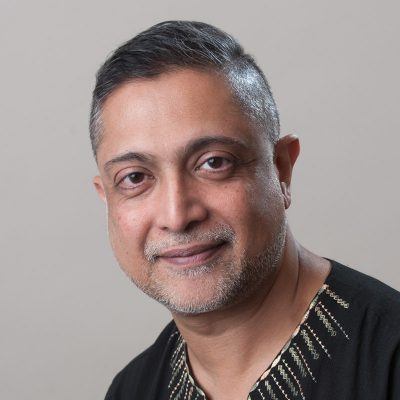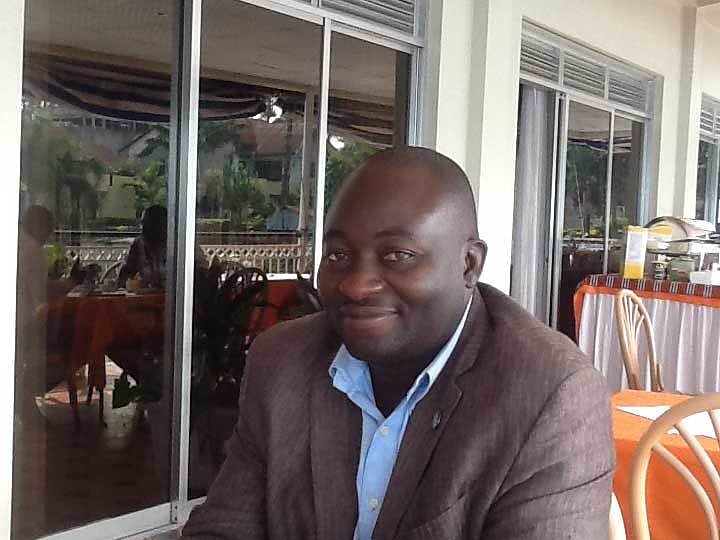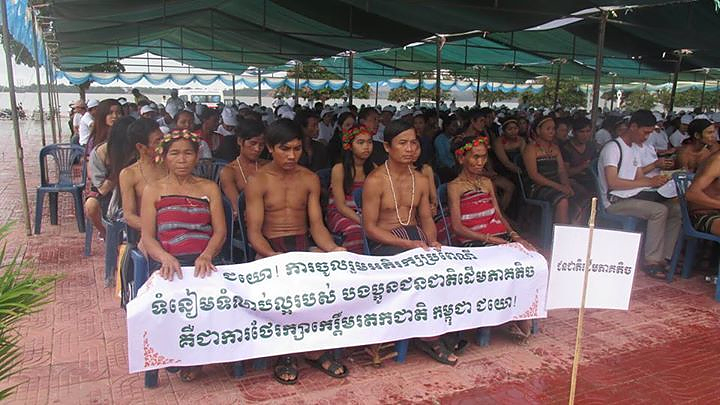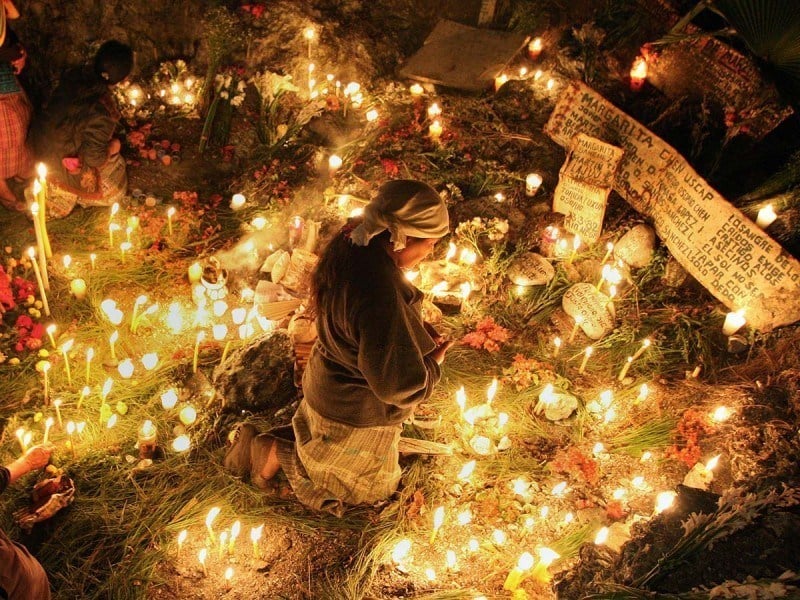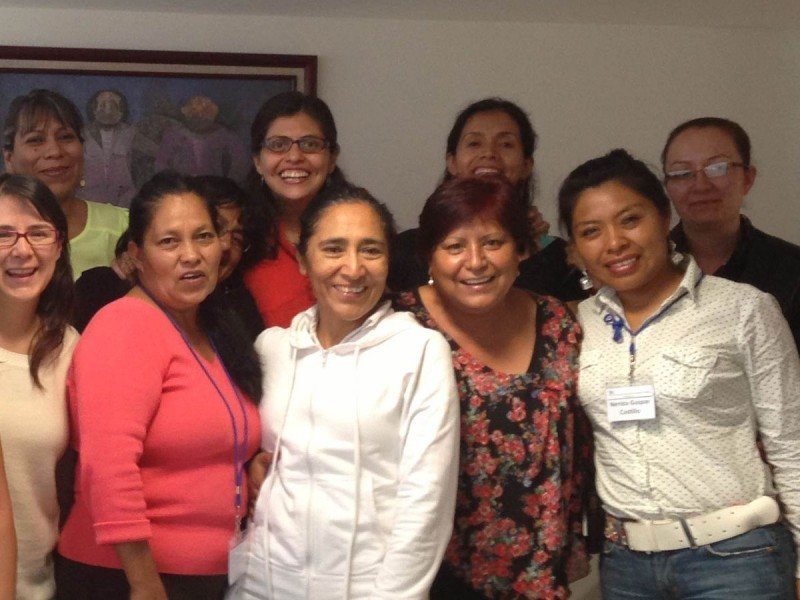“I came here 23 years ago from Goma to visit my friend, and never left,” said Mama Colette.
I was immediately drawn to Colette when I saw her—one of just two women—in a roomful of nearly 80 fishermen in Nyakakoma, North Kivu in the Democratic Republic of Congo. Even though she had been silent for most of the meeting, I could sense her presence and power. When she did speak, everyone listened.
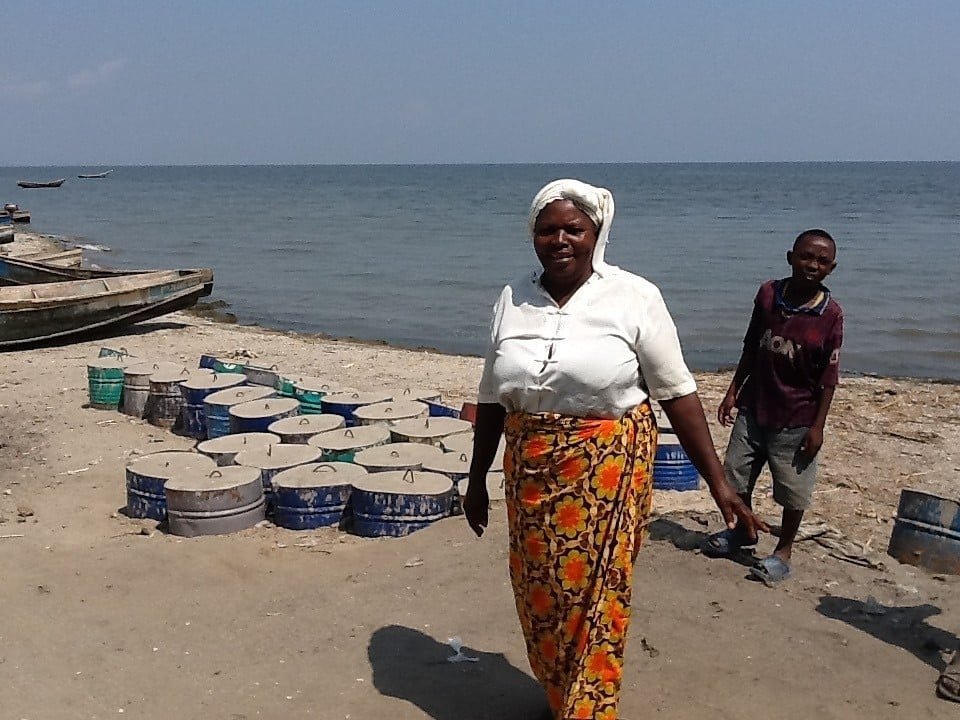
“We advocate for fishers who have been arrested illegally, which still happens as park rangers often do it to harass us. But even if a fisherman has illegally fished, we support his right to a fair trial,” she emphasized.
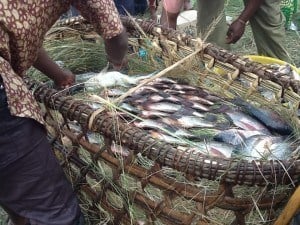 I met Mama Colette during a meeting with the Nyakakoma fisherman’s committee. It turns out she was on the board of the committee. I was curious about her, as all the other fishers were men, so I went up to speak with her.
I met Mama Colette during a meeting with the Nyakakoma fisherman’s committee. It turns out she was on the board of the committee. I was curious about her, as all the other fishers were men, so I went up to speak with her.
“I had been a trader in Goma and so decided to use my skills here,” she told me. Her husband died in 1978, and her three children were grown up. She felt the village life on Lake Edward was more to her liking, so she bought a fishing boat, and never looked back. Today, she employs six fishermen, serves as the only woman on the fisherman’s committee board, supports the local school and church (which she built), and is a fierce advocate for the community’s resource rights.
“We fishers sacrifice a lot to protect our lake but government officials don’t often recognize that,” she said.
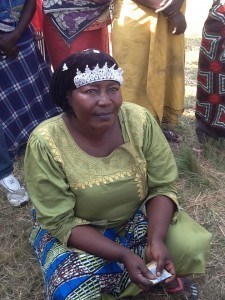
I asked her about the school. She said, “The population has grown here but the fishing—even though it is good—has not. It is a challenge we have to deal with. The school gives the children other options.” Many of the young people I met did want other options.
I asked others about the women in the community: “We are fisherwives,” responded Ngumbi Ngalia. Ngalia heads the women’s rights group that AJWS grantee CREDDHO (Centre for Research and Investigation into the Environment, Democracy and Human Rights) also helped organize. “We don’t fish ourselves but we process or sell the fish.” My colleague Rosalie asked her why they had formed a women’s rights group.
“We came together because that way we can advocate for our rights. One of our biggest problems has been illegal (and overly high) taxing. It used to be very arbitrary. We organized, got it regulated to be per kilo, and we brought it down from 300 to 150 francs per kilo.”
They still think it’s too high and are continuing to press their demands.
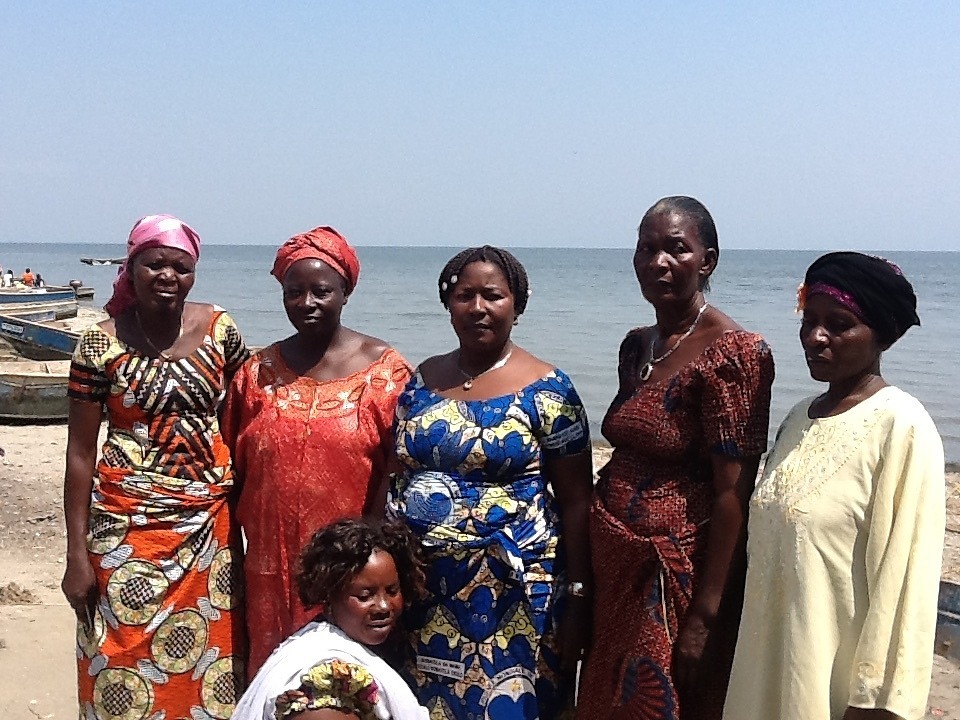
“What did you do before?” I asked them. “We had problems with the park rangers about fishing and it was very difficult to deal with it individually. We began talking with each other and felt we should form a group. Now we use the space to discuss our problems,” Ngumbi said. I asked Jeredy Malonga, who was with us and works for CREDDHO, how things had changed from his perspective.
Jeredy said, “When CREDDHO started here in 2002 it was difficult, as it had to do everything. Now the people have gotten so organized that their different committees are doing most of the work they need to. We are not needed as much on the ground level anymore. Ever since the local authorities realized that people in Nyakakoma know their rights, the violations have decreased. CREDDHO used to get dozens of complaints about rights violations before, now maybe we get five a month. Now we only come in when we need to advocate in Goma or Kinshasa.”
Colette added, “We still work with CREDDHO. The government still wants the oil company (SOCO International) to explore here. They’ve left, but not for good.
Being organized helps us. It helps us protect ourselves against all those who oppress us.”
AJWS’s work in countries and communities changes over time, responding to the evolving needs of partner organizations and the people they serve. To learn where AJWS is supporting activists and social justice movements today, please see Where We Work.

